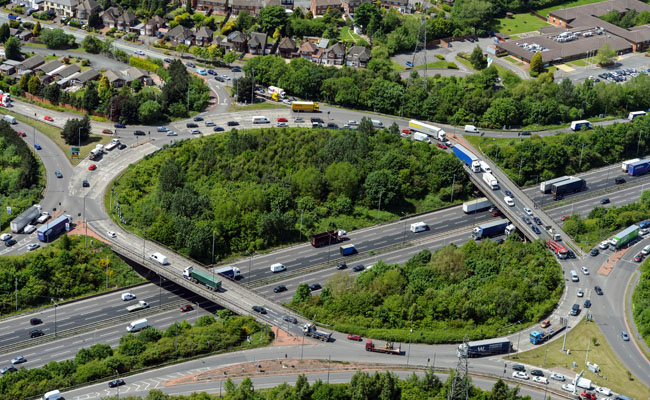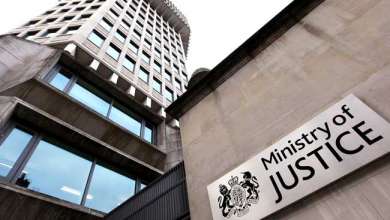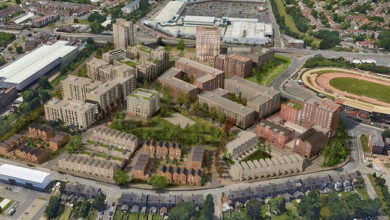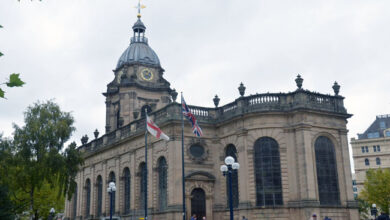West Midlands takes next step in fight against climate change

The West Midlands Combined Authority (WMCA) has today (10 January) released its report on tackling climate change across the West Midlands.
The #WM2041 report, which is due to be reviewed by the WMCA board a week today, is intended to start the conversation on tackling climate change in the region. Pending approval of the board, the report will be subject to a six-week period of public engagement.
The document contains 74 potential actions that businesses, councils, the WMCA and residents can take to limit the impact of climate change and achieve carbon neutrality no later than 2041. Actions in the report include:
• Expanding electric vehicle charging points across the region
• Developing more eco-friendly homes, including introducing a zero-carbon standard for new build homes
• Ambitious tree-planting programmes including one tree planted for each resident, and plans for a national park, building on the work of Birmingham City University
• Exploring plans to introduce LED street lighting across the region
• Ambitions to create the UK’s first Gigafactory in the West Midlands
This is the latest step in a long line of work the WMCA is doing to make the West Midlands a more environmentally conscious and resilient region. Work includes:
• The ‘brownfield first’ policy which is delivering thousands of homes on derelict, industrial land while reducing pressure on the region’s Green Belt
• Opening up railway lines closed for decades, expanding the Midland Metro, and introducing new, faster bus routes as more environmentally friendly alternatives to using cars
• Committing to cut out the use of single-use plastics within the organisation by 2020
The WMCA will use the responses to the public engagement exercise to build on the starting blocks outlined in the #WM2041 report to pull together a comprehensive climate strategy. This will be presented to the WMCA board later this year.
Councillor Ian Courts, the WMCA portfolio holder for environment and Leader of Solihull Council, said: “The West Midlands once led the world in the industrial revolution, bringing wealth, innovation and opportunities to the people of the region. It is only right that the West Midlands should now be leading a new, green revolution which will protect and enhance both our environment and our economy.
“This report starts a conversation about how we in the West Midlands tackle the climate crisis without leaving anyone behind. Our ambition is to tackle climate change in a way that reflects and respects the heritage and the people of the region.”
Lily Eaves, a member of the Young Combined Authority, added: “Climate change is a huge issue affecting all of us.
“I was incredibly impressed to see the Combined Authority’s plans for the region and hope we can use them to work together to make a big difference both now and in the future.”





